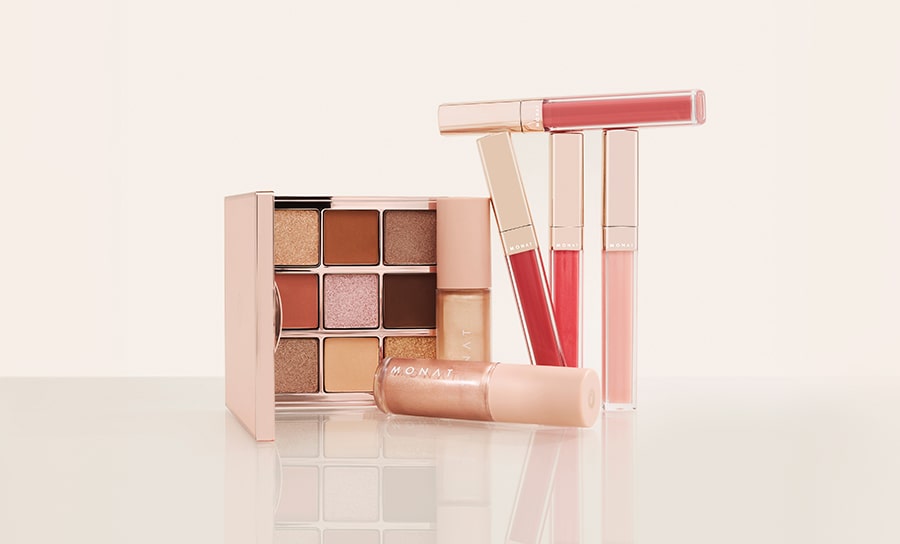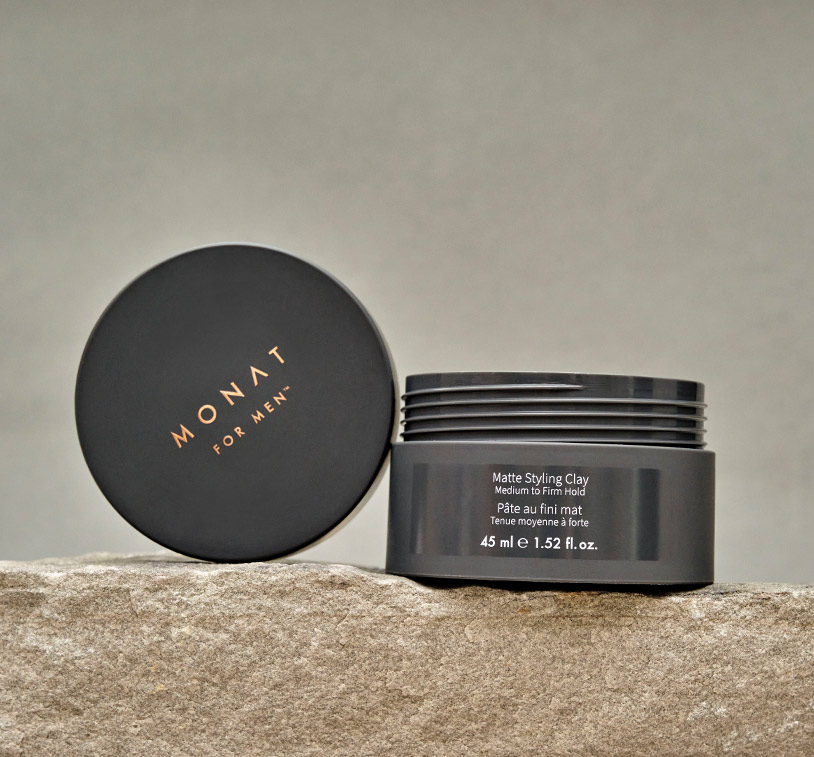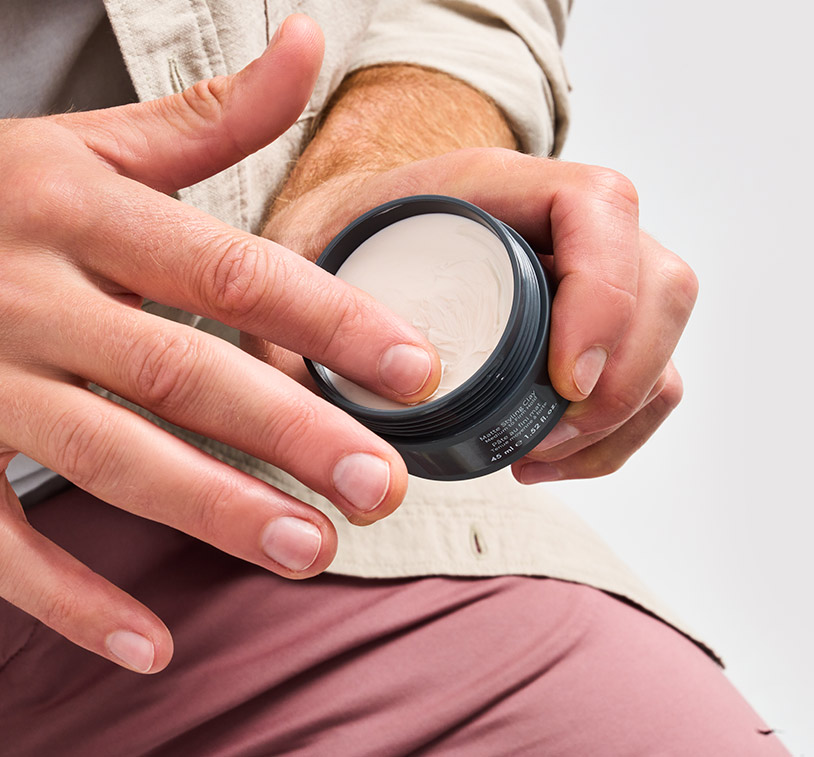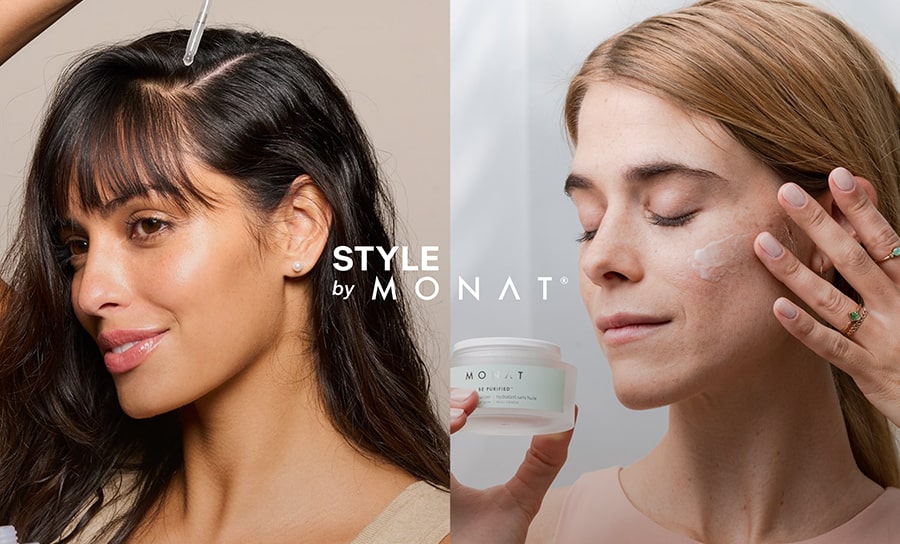
Coffee, latte and espresso lovers beware! March is National Caffeine Awareness month and a lot of information about the evils of caffeine will likely appear.
But is caffeine really so bad? There are so many myths about its ill effects versus its benefits that it can be really hard to figure out the bottom line. Can you safely enjoy your morning cup (or cups) of Joe… or not?
Well, it depends on how much caffeine you really drink. Says Brent Agin, M.D., member of MONAT’s Scientific Advisory Board and wellness physician, “Staying under 400 milligrams (mg) of caffeine a day, with a goal of 300 mg, is a good target.” The question is – how many mg of caffeine are in a cup of coffee?
Typically, an eight ounce cup contains 55 mg of caffeine.1 However, the Mayo Clinic puts that number at a range of 95 to 200 mg, depending on “various factors, such as roasting and grinding as well as brewing time.” 2 Other things affect caffeine strength too, like the type of coffee beans used and the type of coffee consumed (brewed, espresso, instant and decaf) and serving size. 3
A single shot of espresso, for example, is about 63 mg of caffeine. Double that and it shoots to 125 mg! 4 And remember that caffeine isn’t in just coffee. It’s also in tea, power drinks, soda, cold medications and over-the-counter pain medications, ranging from 16 milligrams to as much as 200 mg.5
So what is all the fuss about anyway?
Well, numerous research sources say that too much caffeine can cause osteoporosis, fast heartbeat, increased anxiety, depression, muscle tremors, heart disease, cancer… the list goes on. But again, it’s those two words – “too much” – that precipitates these research findings. For example, several large studies do not link caffeine to higher cholesterol, irregular heartbeats, or an increased risk of cardiovascular disease.6
The good news is that caffeine, in moderate amounts, has beneficial effects.
For example, according to Joan Salge Blake, MS, RDN, LDN, Academy of Nutrition and Dietetics, coffee’s healthiest perks include increased cognitive function, possible disease protection and also that it acts as a carrier for milk, which adds needed calcium, a mineral lacking in American diets.7
Joy Dubost, PhD, RD, also of the Academy of Nutrition and Dietetics, says that, “Coffee provides one of the greatest sources of antioxidants in the American diet, due to the amount of coffee that is consumed.” 8 Since antioxidants can help prevent diseases, that’s a good thing!
Other research shows even more amazing findings. David Elmenhorst, researcher for the Institute of Neuroscience and Medicine, says, “There is substantial evidence that caffeine is protective against neurodegenerative diseases like Parkinson’s or Alzheimer’s disease.” 9
“It’s far healthier to use natural caffeine sources such as green tea, Guarana or Yerba Mate”, Dr. Agin emphasizes. “It’s also healthier to get caffeine in tea, coffee or supplements that do not have extra sugar or chemicals. Problems with caffeine arise when one drinks too much of it, does not drink adequate water or take other routine supplements for bone support.”
So you can have your java and drink it too… just not too much!
References
1 Bjarnadottir, A., MS. How Much Caffeine in a Cup of Coffee? A Detailed Guide. https://authoritynutrition.com/how-much-caffeine-in-coffee/
2 Caffeine content for coffee, tea, soda and more. Mayo Clinic Staff. Mayo Clinic. http://www.mayoclinic.org/healthy-lifestyle/nutrition-and-healthy-eating/in-depth/caffeine/art-20049372
3 Bjarnadottir, A., MS. Op cit.
4 Ibid.
5 WebMD Medical Reference. Reviewed by Melinda Ratini, DO, MS on April 13, 2015. WebMD. http://www.webmd.com/balance/caffeine-myths-and-facts
6 Ibid.
7 Benefits of Java. Reviewed by Wendy Marcason, RD, LDN. Academy of Nutrition and Dietetics. Sept. 29, 2014. http://www.eatright.org/resource/health/wellness/preventing-illness/benefits-of-java
8 Ibid.
9 Olson, Samantha. Health Benefits Of Caffeine: Brain On Caffeine Has Its Positives And Negatives. Medical Daily. May 20, 2014 http://www.medicaldaily.com/health-benefits-caffeine-brain-caffeine-has-its-positives-and-negatives-283408
TAGS
KEEP READING
December 12, 2023
Changing The Winter Blahs Into The Winter Aahhhs!
August 10, 2023
Get Your Healthy Living Journey Back on Track!
May 13, 2021





























